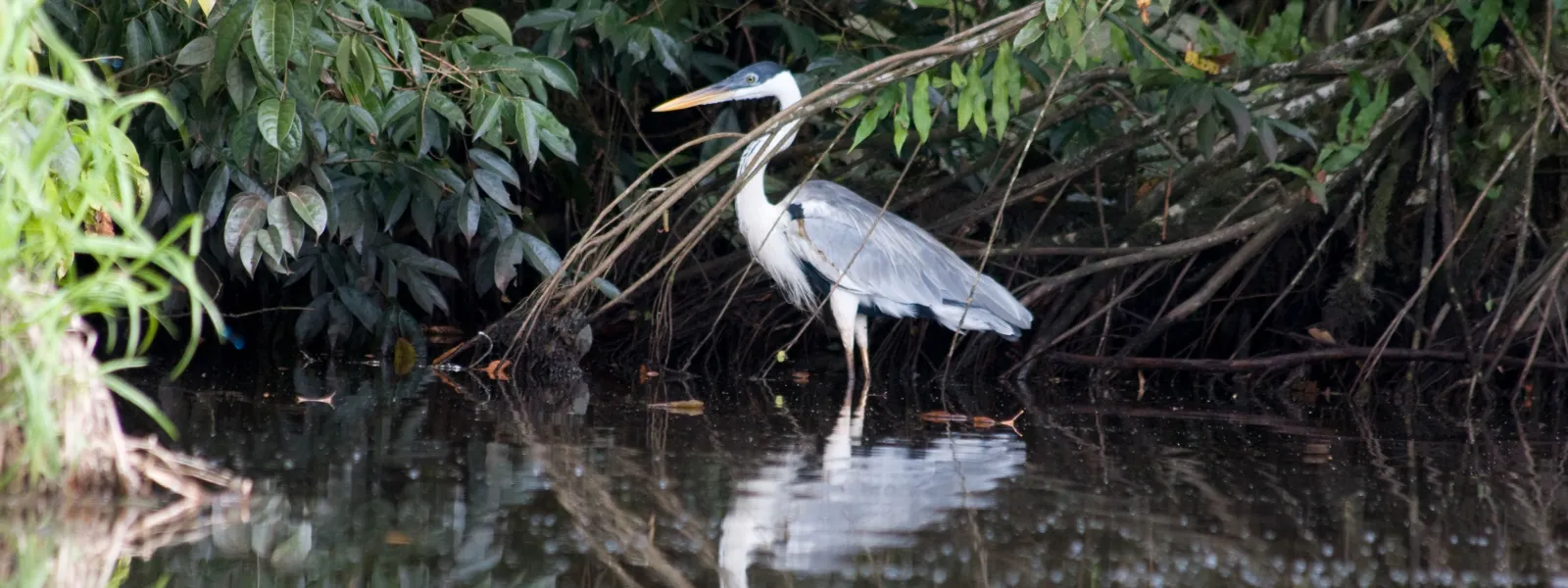
NGOs celebrate suspension of aerial spraying, advance in Colombian environmental law
They highlight the application of the precautionary principle in the resolution to suspend spraying, and pledge to stay alert to the threat posed by the potential manual use of glyphosate or its replacement with another chemical.
Bogota, Colombia. Civil society organizations finally celebrate the temporary and preventive suspension of aerial spraying with glyphosate as an advance in the protection of public health and the right to a healthy environment in Colombia. They note that the National Environmental Licensing Agency (ANLA) applied the precautionary principle in the resolution, which ordered the suspension of a technique employed for more than two decades to eradicate coca and poppy crops considered of illicit use.
On May 29, Colombia’s National Narcotics Council decided to suspend aerial spraying with glyphosate (Resolution 006). For the measure to be effective, ANLA had to suspend or revoke the Environmental Management Plan of the Program for Illicit Crop Eradication Using Aerial Spraying with Glyphosate (ICEPG). That suspension occurred on September 30 with Resolution 1214.
The resolution is founded on the precautionary principle, and follows the recommendations of the Ministry of Health and the National Narcotics Council, both of which were based, in turn, on the opinion of the International Agency for Research on Cancer, which has concluded that glyphosate is a “probable carcinogen" to humans.
The Interamerican Association for Environmental Defense (AIDA) considers the application of the precautionary principle an important advance for Colombian environmental law. “Today we can finally celebrate the suspension of the sprayings, after decades of evidence of harm to human health and the environment, and of the program’s inefficiency,” said Astrid Puentes Riaño, co-director of AIDA.
For Yamile Salinas Abdala, investigator with the Institute for Studies of Development and Peace (INDEPAZ), “it’s necessary to draw attention to the power the Narcotics Council gave ANLA to resume spraying with glyphosate and employ the use of other herbicides, under certain conditions and through the prior consent of competent authorities, without specifying who those authorities are.”
Pedro Arenas, coordinator of the Observatory of Crops and Growers Declared Illicit, said, “In the face of the decision of the President of the Republic and the National Narcotics Council, it was untenable to continue spraying with glyphosate. However, it’s inexplicable that the Director of the Colombian National Police wants to continue using it manually, and that the Ministry of Defense threatened to replace it with another substance to continue aerial spraying. For these reasons, we must remain vigilant.”
In May, AIDA and INDEPAZ delivered more than 24,000 signatures to the Colombian Ministry of Justice on a petition launched through the platform Change.org to solicit an end to aerial spraying with glyphosate in Colombia.
This month, 10 civil society organizations solicited the National Council for Pesticides and the National Narcotics Council to revoke the eradication program, and advised against the use of other herbicides. The organizations are the Washington Office on Latin America, the Latin America Working Group, AIDA, the Centro de Investigación y Educación Popular, Comisión Colombiana de Juristas, Grupo Semillas, Planeta Paz, Mamacoca, Red de Justicia Ambiental and Proceso de Comunidades Negras (PCN).
That request reflected the decisions adopted by the Constitutional Court (Auto 073 of 2014) and the State Council (Rad. 2004-00227-01 of 2013), as well as the recommendations of the Advisory Committee for Drug Policy in the report “Guidelines for a New Approach to Drug Policy in Colombia,” published in May 2015.
